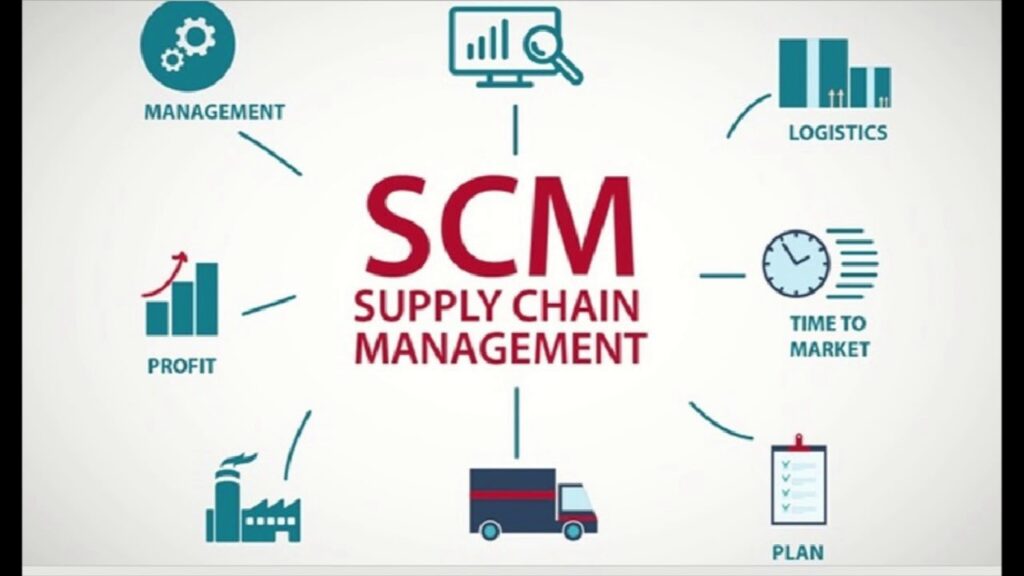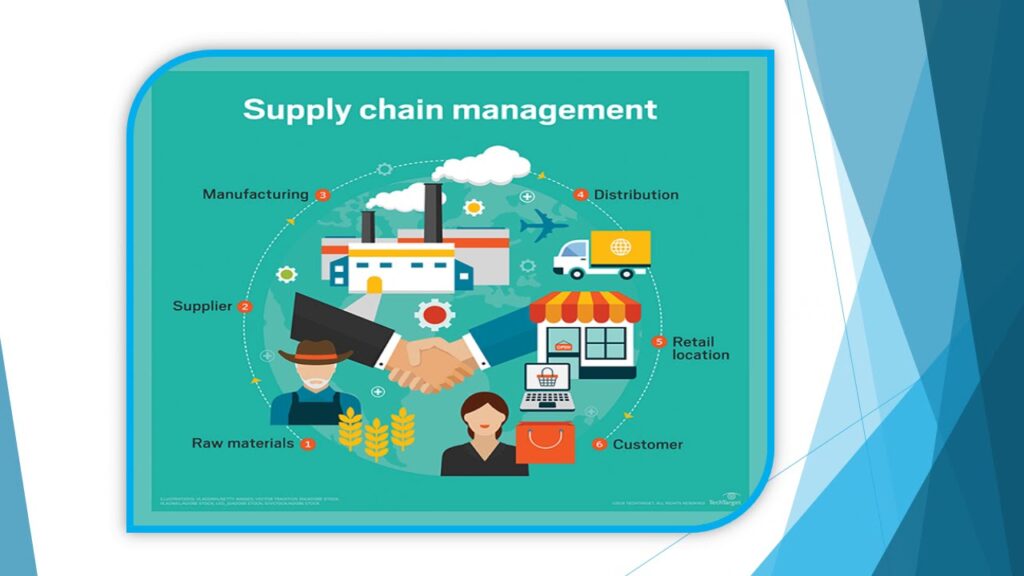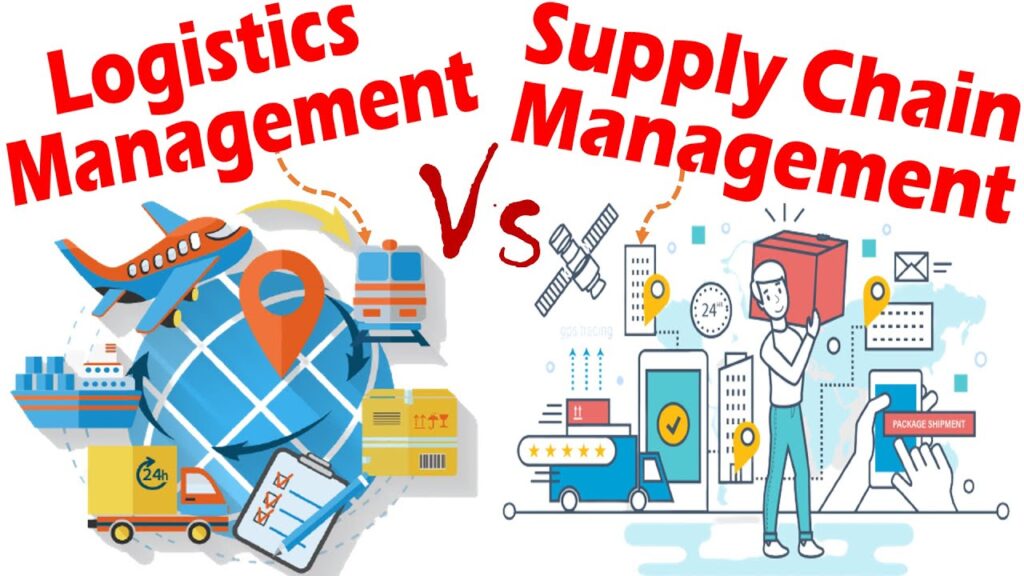Introduction
In 2025, the logistics and supply chain industry continues to be a vital component of the global economy. With the rise of e-commerce, technological advancements, and the need for efficient distribution networks, professionals in this field are in high demand. This guide provides an in-depth look into the various aspects of logistics and supply chain jobs, the skills required, and strategies to secure these positions.

Understanding Logistics and Supply Chain Management
Logistics and supply chain management involve the coordination and movement of goods from suppliers to consumers. This includes procurement, transportation, warehousing, inventory management, and distribution. Effective supply chain management ensures that products are delivered efficiently, cost-effectively, and on time.
Types of Logistics and Supply Chain Jobs
1. Supply Chain Analyst
Analyzes data to improve supply chain operations, forecasting demand, and identifying areas for cost reduction.
2. Logistics Coordinator
Manages the transportation and delivery of goods, ensuring timely and efficient movement.
3. Procurement Manager
Oversees the purchasing of goods and services, negotiating contracts, and managing supplier relationships.
4. Warehouse Manager
Supervises warehouse operations, including inventory management, staffing, and safety protocols.
5. Transportation Manager
Coordinates the shipment of goods, selecting carriers, and optimizing delivery routes.
6. Inventory Control Specialist
Monitors inventory levels, ensuring accurate records and minimizing stock discrepancies.

Essential Skills for Logistics and Supply Chain Professionals
- Analytical Thinking: Ability to assess complex data and make informed decisions.
- Communication: Clear and effective interaction with team members, suppliers, and customers.
- Problem-Solving: Addressing challenges and finding efficient solutions.
- Technical Proficiency: Familiarity with supply chain software and technologies.
- Attention to Detail: Ensuring accuracy in documentation and processes.
- Time Management: Prioritizing tasks to meet deadlines and maintain workflow.
Strategies to Secure a Logistics and Supply Chain Job
1. Tailor Your Resume
Highlight relevant experience, skills, and achievements that align with the job description.
2. Leverage Professional Networks
Connect with industry professionals on platforms like LinkedIn to discover job opportunities and gain referrals.

3. Prepare for Interviews
Practice common interview questions and scenarios related to logistics and supply chain management.
4. Continuous Learning
Stay updated on industry trends and consider certifications to enhance your credibility.
Conclusion
The logistics and supply chain industry in 2025 offers dynamic and rewarding career paths for motivated individuals. By understanding the current job landscape, honing essential skills, and employing effective job search strategies, you can secure a fulfilling position in this vital sector.
